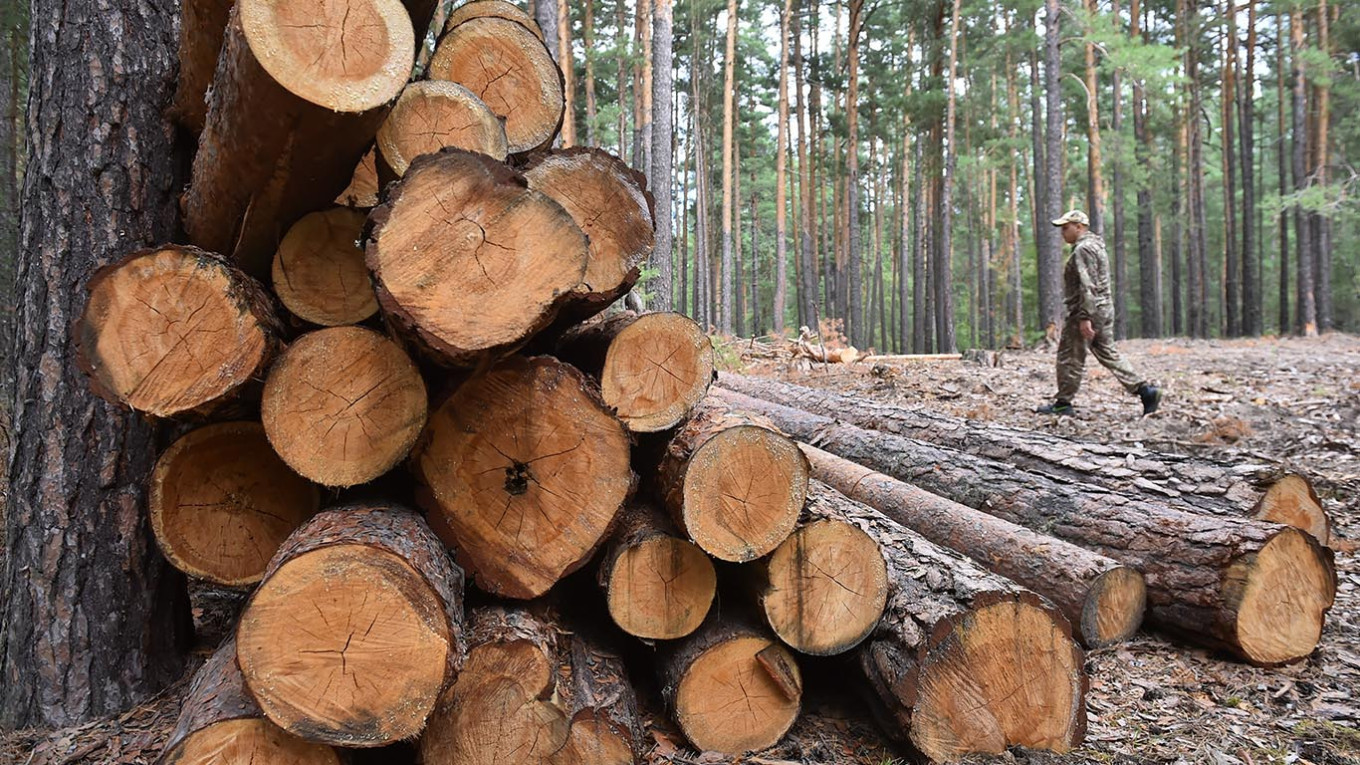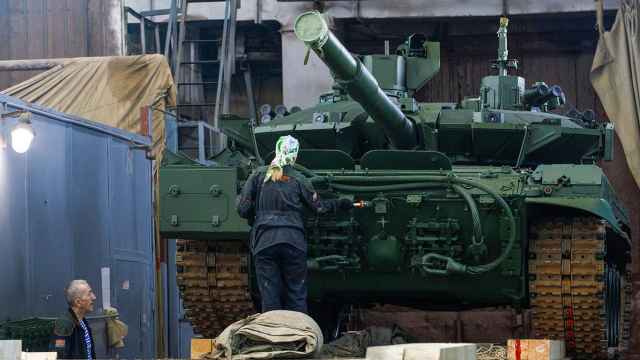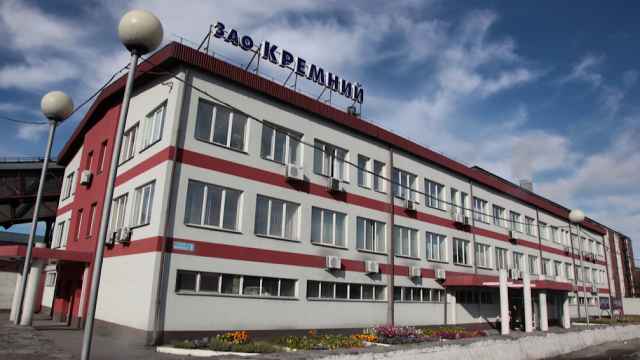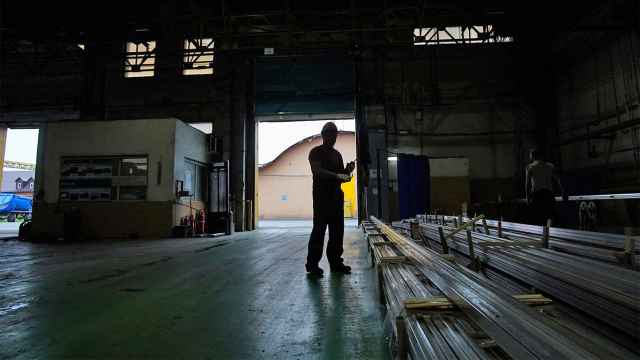Russia’s forestry sector could face a deep contraction next year as sanctions tighten, interest rates remain high and the ruble stays strong, Deputy Industry and Trade Minister Mikhail Yurin said Thursday.
Addressing a Federation Council committee, Yurin said the industry has entered a “downward trend,” with the worst-case scenario pointing to a 20-30% drop in output in 2026.
The ministry expects already falling production to continue declining into 2027 if geopolitical conditions worsen, Interfax quoted Yurin as saying.
According to the Economic Development Ministry, wood-processing is among the weakest performers in Russia’s industrial landscape. Output fell 4.3% in the third quarter and the slump accelerated to 7.8% in October.
The Central Bank’s high key rate, harsher sanctions, a persistently strong ruble and shrinking access to remaining export markets due to secondary and tertiary restrictions are among the pressures weighing on the sector, Yurin said.
He said Russian timber exports have fallen by more than 20% since before the war, from $12.5 billion in 2021 to to $9.8 billion.
Logging volumes are expected to hit a four-year low of 182 million cubic meters this year.
The sector is already seeing corporate distress. The Federal Tax Service in September initiated bankruptcy proceedings against Tobol, the largest timber company in the Tyumen region.
That same month, the Svyezha-Tyumen birch plywood plant, part of billionaire Alexei Mordashov’s Sveza group, halted operations and laid off 323 workers.
The parent company cited a sharp drop in production volumes and capacity utilization, which had pushed the plant deep into the red.
A Message from The Moscow Times:
Dear readers,
We are facing unprecedented challenges. Russia's Prosecutor General's Office has designated The Moscow Times as an "undesirable" organization, criminalizing our work and putting our staff at risk of prosecution. This follows our earlier unjust labeling as a "foreign agent."
These actions are direct attempts to silence independent journalism in Russia. The authorities claim our work "discredits the decisions of the Russian leadership." We see things differently: we strive to provide accurate, unbiased reporting on Russia.
We, the journalists of The Moscow Times, refuse to be silenced. But to continue our work, we need your help.
Your support, no matter how small, makes a world of difference. If you can, please support us monthly starting from just $2. It's quick to set up, and every contribution makes a significant impact.
By supporting The Moscow Times, you're defending open, independent journalism in the face of repression. Thank you for standing with us.
Remind me later.






